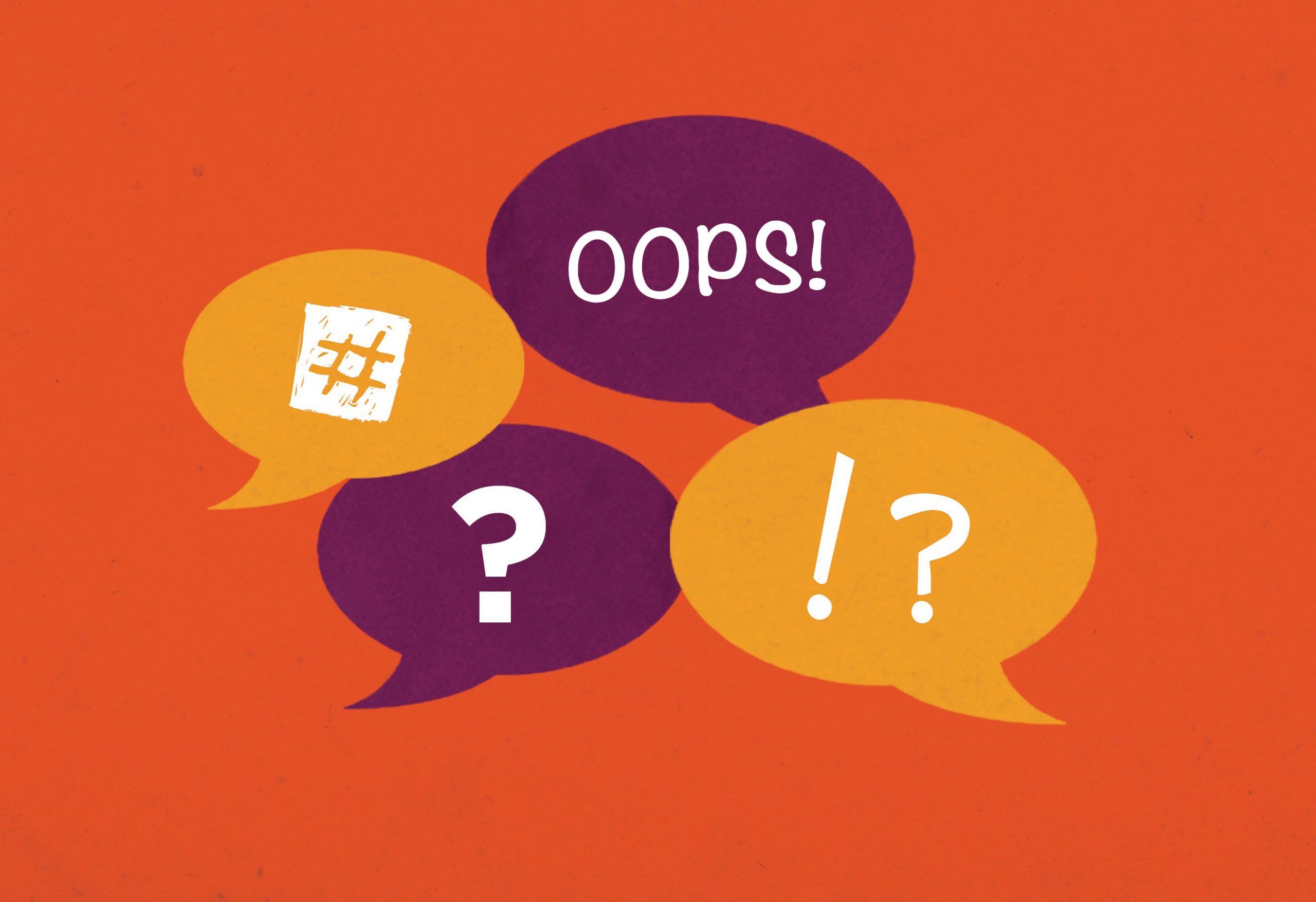
What People Mean to Say When the Wrong Words Come Out
All of us have either said something we regret, or been on the receiving end of remarks that were supposed to be helpful, but turned out instead to be hurtful.
So why do insensitive and downright dumb things pop out of the mouths of people who truly mean well, especially in response to serious health situations? The short answer: human nature.
First Things First, Avoid These Words
In our article 7 Things You Should Never Say to Patients or Caregivers, we offered tips on how to keep foot and mouth a fair distance apart.
As a reminder, pinch yourself—really hard—if any of these words ever begin to tumble from your lips:
“Everything happens for a reason.”
“This is God’s plan.”
“What doesn’t kill you makes you stronger.”
“At least it’s not cancer.”
“Just think positive thoughts.”
“God doesn’t give you more than you can handle.”
“At least you have one healthy child.”
Why Do People Say Such Things?
If you’re reading this, you may be looking for an answer the age-old question, “Why do smart people say dumb things?”
The truth is, people almost always mean well. Most CaringBridge users would probably find this to be true. But sometimes when people are trying to say they care, or that they feel really bad about what is happening, things get muddy. Here are a few reasons why someone might put their foot in their mouth:
They may feel nervous about making you feel worse
Lack of experience talking about hardships or loss
They may be suffering from their own hardship and struggling to cope
They think cliché sayings are what people want to hear
The most important thing you can do in an uncomfortable situation like this is to remember that no one is perfect, and even the closest people in our lives may just need some guidance when it comes to what to say.
Translate the Message
It is often helpful to look for the sentiments that lie behind clumsy expressions. What are people actually trying to say when the wrong words come spewing out?
Probably they are trying to say they feel terrible, and would do anything to take away pain and suffering. It’s just not easy to say. CaringBridge users have said that nearly every mangled communication about a health situation is an attempt to express one or more of the following:
“I care.”
“You’re so strong.”
“I have faith that you’re going to get through this.”
“I’m here for you.”
“My story that is similar shows I have a glimmer of what you may be going through.”
The next time someone stumbles, try mentally replacing the words they say with one of the previous sayings. Remember that the last thing they’re trying to do is make things worse for you.
When others lack the verbal skills to comfort you, this is an opportunity for you to step in and be honest about what you need to hear, and also about what you don’t. The more comfortable you get with sharing what you need, the more others will be able to give it to you.
Care to Share Your Own Tips?
Please add to the conversation by sharing in the “Comment” section below how you may have translated the actual meaning of something that has been poorly said.
Start a CaringBridge Site
When you’re going through a health journey, you have a lot on your plate. CaringBridge replaces the time-consuming task of sharing your health news over and over. It’s a free, easy to use online journal for sharing health information with your family and friends.
Don’t go through your health journey alone.
You can stay connected to friends and family, plan and coordinate meals, and experience love from any distance.
All of this is ready for you when you start your personal CaringBridge site, which is completely free of charge, ad-free, private and secure. Don’t spend another minute alone!